Eureka! Lab
A place for discovery

Educators and Parents, Sign Up for The Cheat Sheet
Weekly updates to help you use Science News Explores in the learning environment
Thank you for signing up!
There was a problem signing you up.
-

Book review: The Universe Verse
Reading about science can get a bit boring. A new comic book will stop you from snoring. The book combines comics with poetry and rhyme, to help you learn science and have a good time.
-
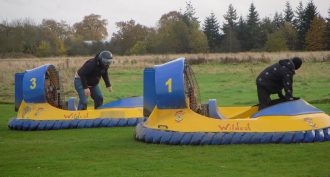 Tech
TechMake your own mini hovercraft
Hovercraft aren’t just the cars of the future. You can make your own with just a few household items.
-

Dig dirt? It’s World Soil Day
The food we eat, the water we drink and the air we breathe — all are influenced by the ground beneath our feet. On World Soil Day, take a moment to learn about the importance of good old dirt.
-

Cookie Science 10: Finding the cookie difference
To determine whether people ranked my cookies differently, I need to compare how much the groups of rankings differed. I can do this with a statistical test.
-

Apply for summer research experience at NIH
If you like science and think you want to be a scientist, it’s never too early to start doing your own research. The National Institutes of Health has a competitive program for summer research for high school students.
-
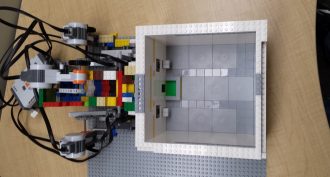
A Lego box to study drug addiction
Most students learn that drugs are bad for you, but many try them anyway. A high school student has tried to find a new way to teach teens about addiction. His tool is made from Legos.
-
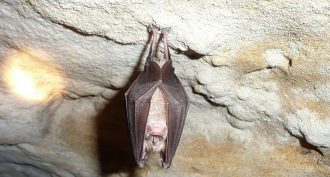 Animals
AnimalsScientists seek bat detectives
Bats emit high-pitched calls in the night to find their way around. A citizen science project is eavesdropping on these calls to probe the health of ecosystems.
-

A do-it-yourself map of touch
Some parts of our bodies are more sensitive than others. In the brain, regions that respond to your fingertips, for instance, take up more space than those linked to your legs. A website helps you visualize this with a simple test.
-
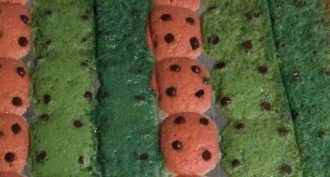
Cookie Science 9: How data can spread
Two people often will rank things (such as a cookie’s taste) differently. The spread — or how broadly the rankings differ — helps me understand how one test condition compares to the others.
-
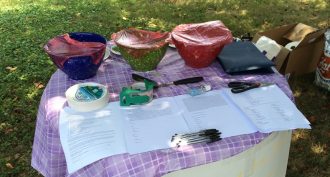
Cookie Science 8: The meaning of the mean
I have had people eat cookies and fill out surveys. What do I do with all those numbers? First I have to find something called the arithmetic mean.
-
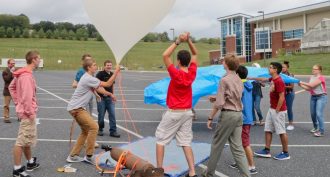
Teachers launch weather balloons, and a passion for science
Making science hands-on can help inspire students and show how interdisciplinary research can be. Here, two teachers share their experiences working with a high-altitude research-balloon kit.
-
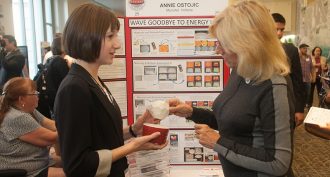
Food can make an appetizing science fair project
Many students think they need a laboratory or special equipment for a winning research project. But finalists at the Broadcom MASTERS competition showed food-based research may require little more than your home kitchen